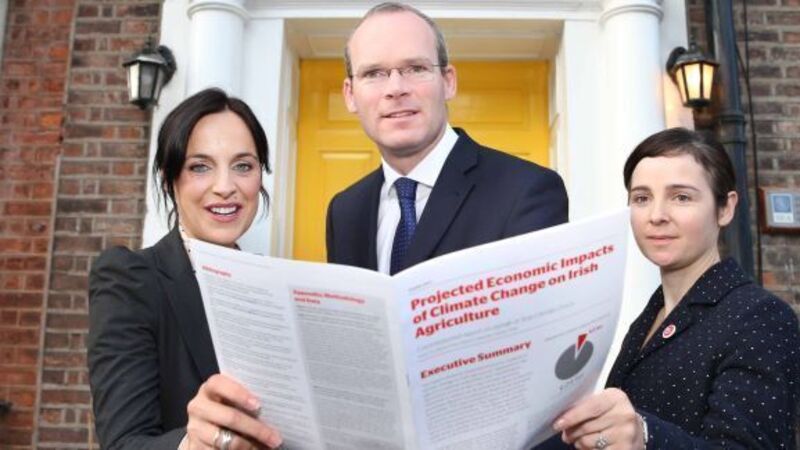Climate change extremes could cost Irish agriculture €2bn annually

Commissioned by the Stop Climate Chaos (SCC) coalition, Dr Flood’s research calculates the projected economic impacts of climate change on Irish agriculture over the next 40 years. Dr Flood’s research predicts winter rainfall may rise 17% by the 2080s, with summer rainfall falling 25%, most notably in the southern and eastern coastal areas.
Dr Flood predicts the changes in rainfall and temperatures will cause changes in the range and prevalence of agricultural pests and diseases, increased stress factors for animals, changes in water availability and crop yields, and difficulties in providing sufficient resources for animals during certain periods.










